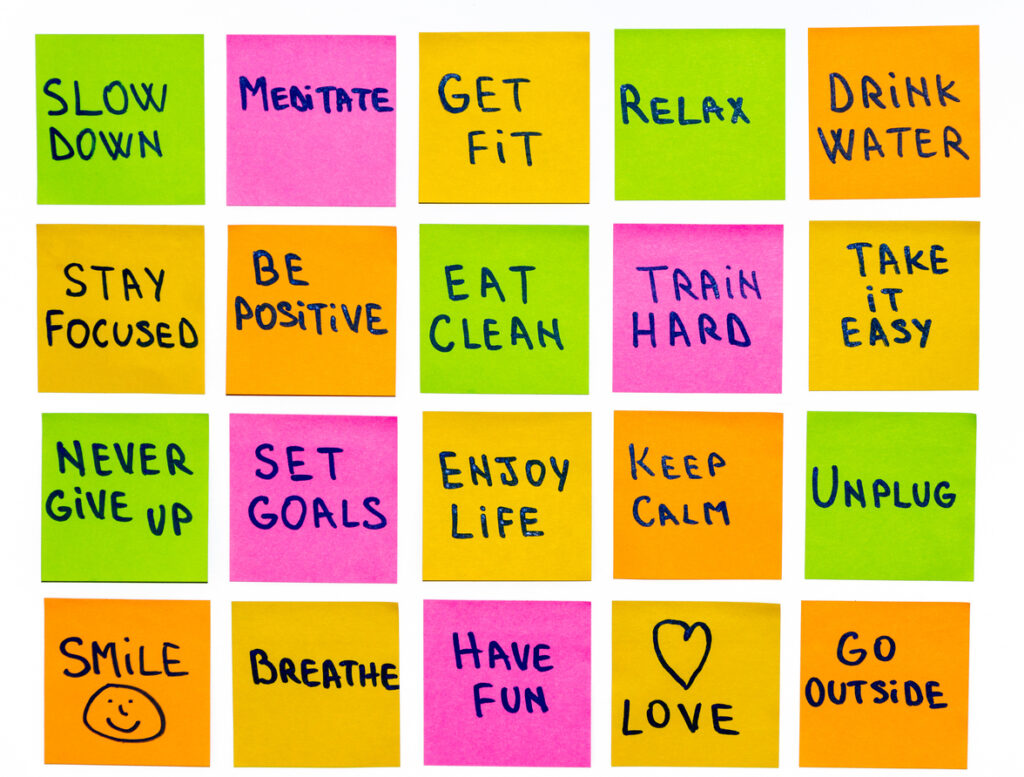Setting Goals for Post-Recovery

Highlights
- Set sobriety goals using the SMART framework to keep your recovery focused and achievable.
- Celebrate each milestone, especially during the first year of sobriety, to reinforce your progress.
- Incorporate personal growth into your long-term goals for sobriety, like repairing relationships and resisting cravings.
- Planning celebrations for your achievements can serve as a powerful motivator in maintaining sobriety.
- Regularly review and adjust your goals to stay aligned with your long-term recovery journey.
Achieving sobriety is a significant milestone, but maintaining it requires ongoing dedication and setting meaningful goals. Sobriety goals are essential for keeping yourself motivated and focused on the path to long-term recovery. They provide structure, purpose, and a sense of accomplishment as you navigate life after addiction therapy in Los Angeles.
Celebrate Milestones in Sobriety
One of the most common sobriety goals is staying sober for specific periods. The first year is critical, and each month of sobriety is worth celebrating. Recognize and reward yourself at one month, two months, three months, and so on. These celebrations can be as simple as treating yourself to something special or sharing your achievement with supportive friends and family. After the first year, consider celebrating every three months, then twice a year, and eventually, every year. These milestones remind you of your strength and resilience, reinforcing the progress you’ve made.
Incorporate Personal Growth Goals
However, long term goals for sobriety aren’t just about time. They also involve personal growth and mending relationships. Consider setting goals for repairing connections that may have been damaged during your struggle with addiction. The first time you reconnect with a loved one, hang out with friends and confidently say “no” to a drink, or realize just how much you’ve improved your life—these moments are all worth celebrating. Each of these achievements signifies your commitment to a sober life and the positive changes you’ve made.

Setting SMART Goals
To effectively set sobriety goals, it’s essential to use the SMART framework—goals should be Specific, Measurable, Achievable, Relevant, and Time-bound. This approach ensures that your goals are clear and attainable, helping you stay focused on recovery. Examples of SMART goals include attending a set number of support group meetings each week, rebuilding specific relationships, or achieving a personal milestone like one month of sobriety. Regularly reviewing and adjusting your goals as you progress can keep you motivated and aligned with your long-term sobriety objectives.
Plan for Future Celebrations
Planning your celebrations in advance can serve as a powerful motivator. Knowing you have a reward to look forward to can help you resist cravings and stay on track. Whether it’s a special outing, a new hobby, or simply taking time to reflect on your journey, these rewards are reminders of how far you’ve come.
Remember, staying sober is a lifelong commitment, but it’s one you can manage by setting and achieving both time-based and personal sobriety goals. Celebrate every victory, no matter how small, and keep moving forward. You’re strong, and every day you choose sobriety is proof of that strength.s


 Call
Call Text
Text